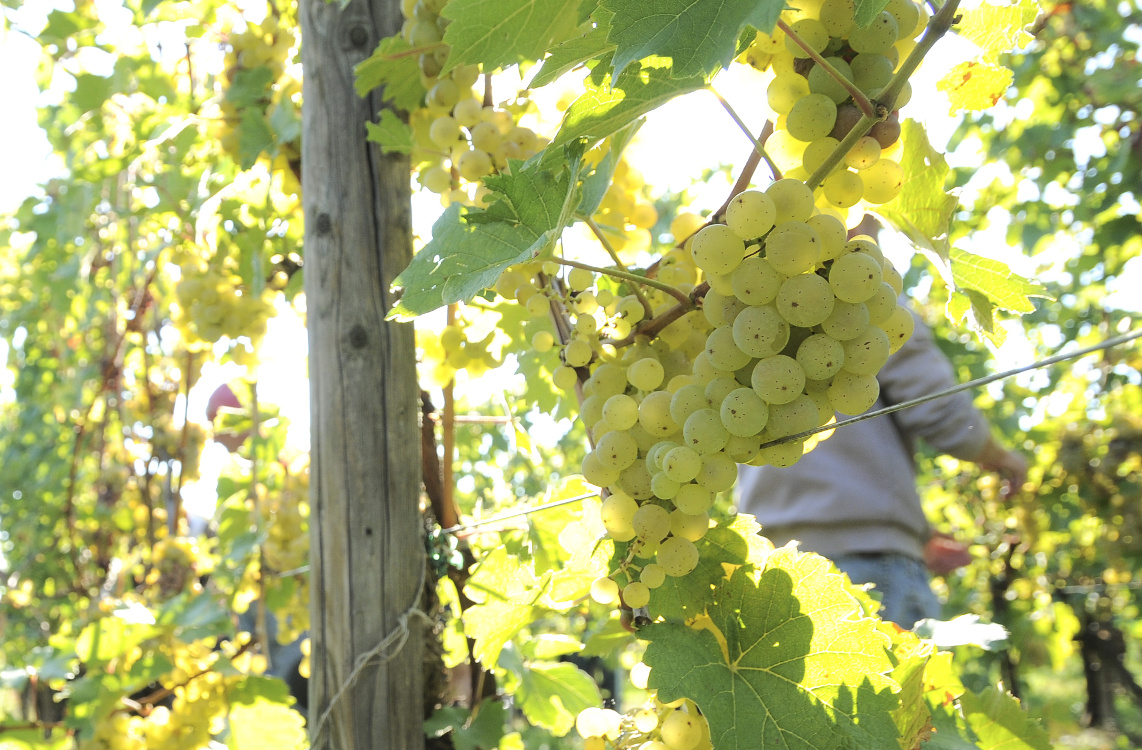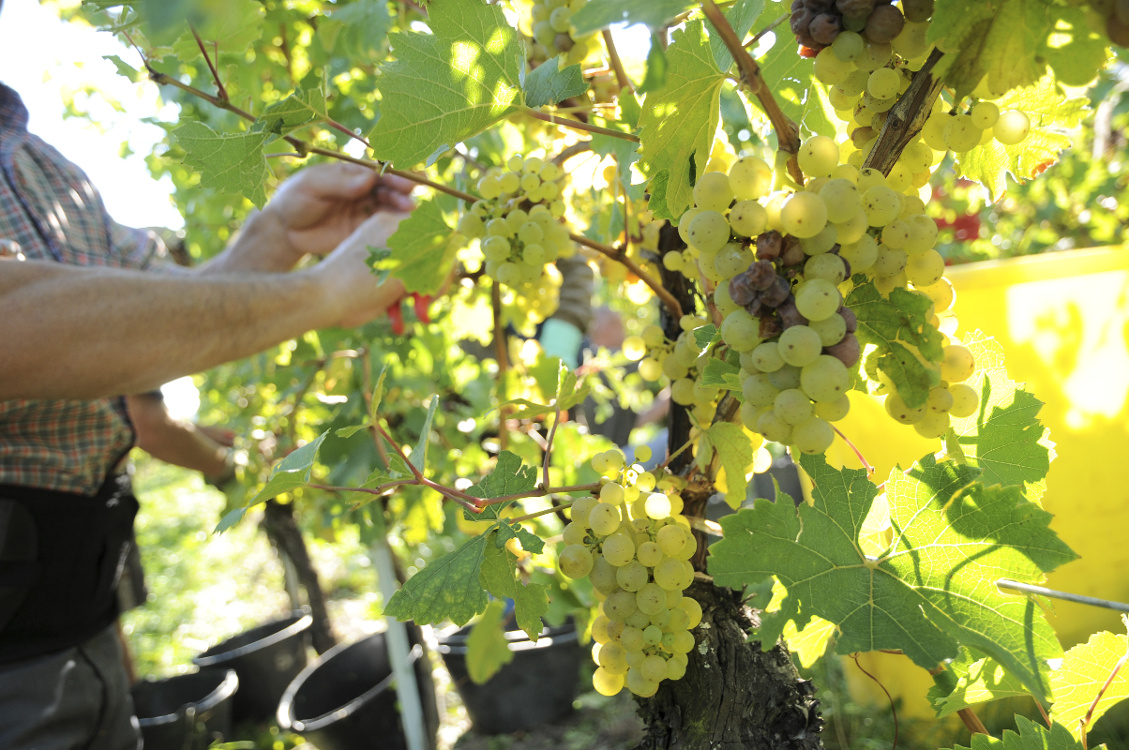
Alsace Grand Cru Muenchberg
It's found on soil formed from volcanic ash 250 million years ago.

On soil formed by volcanic ash 250 million years ago, the Muenchberg absorbs and retains the sunshine. This stony, sandy soil provides excellent drainage and rapid warming, as the ground in this small valley is protected from the rain. The Muenchberg terroir is perfect for Riesling. The nobility of the varietal is due to its late-ripening character and a rare, real fullness from the exceptional terroir which, while unfertile, helps the vines produce fewer grapes but with a concentration of qualities
Our Alsace Grand Cru Muenchberg Wolfberger comes in RIESLING.
Did you know?
It means “the mountain of the monks” in English. Beginning in the 12th century, Cistercian monks from the nearby Baumgarten Abbey planted grapevines on the Muenchberg, hence its name. Those monks were the first to farm this vineyard.
Riesling Grand Cru Muenchberg 2017: the story of a fine Alsatian white wine
Wolfberger is both proud and honored to have been awarded the Trophée du Vin Sec (Dry Wine Trophy) at the competition of Grands Vins Blancs du Monde 2019. The winery was among the winners of the gold medals for Rieslings.
The history and secrets of vinification of this fine dry white from Alsace deserve to be told.
The fingerprint of our Riesling Grand Cru Muenchberg:
- 2017: this vintage was quite fresh and sunny, with a small harvest after a fierce wave of springtime frost. It resulted in concentrated grapes, a beautifully acidic body and intense aromas alongside the freshness.
- Harvest date: 25 September 2017Pressing: the grapes were hand-picked, placed in small containers and then loaded into the pneumatic press that ran for five hours on a low pressure cycle.
- Tanks: vinification was done in temperature-controlled stainless steel tanks.
- Vinification: fermentation using selected local yeasts took place over four months in our cellars that retained the cool autumn temperatures.
- Number of bottles: 5000 bottles
- Racking: the wine rested four months sur lies before filtering and bottling in June.
- Fermentation: temperature-controlled alcoholic fermentation.
To taste this Great White Wine :
This Riesling Grand Cru Muenchberg is rich and lemony; the nose develops complex citrus aromas in company with verbena. A hint of minerality begins to develop after two years of aging. On the palate the wine is dense and fresh, full-bodied and sophisticated with the elegant acidity. The finish develops refined bitterness and a touch of salinity. This is a wine that needs to breathe after being decanted, and will continue to develop for the coming three years.






